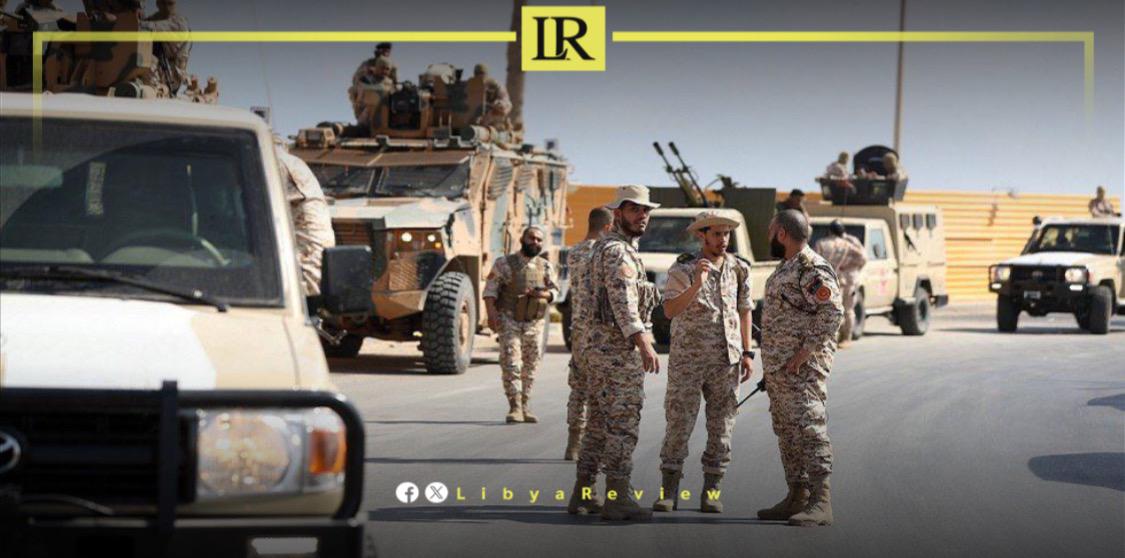The United States, through Amentum, a contractor servicing Pentagon and State Department programs, has confirmed its role in providing training to Libyan law enforcement personnel. This training, conducted outside Libya, is part of a global program aimed at law enforcement development, managed by the Office for Diplomatic Security. This confirmation from a State Department spokesperson to Agenzia Nova addresses recent speculations about Amentum’s operations in Libya, specifically in the capital, Tripoli.
Contrary to reports suggesting Amentum’s involvement in training militias within Tripoli to integrate them into the Government of National Unity’s forces, the State Department has clarified that these activities are not happening inside Libya. Furthermore, the US government is not involved in training armed groups in the country. This clarification comes amid concerns about the training of militias and its implications for the stability and security of Libya.
Amentum’s engagement in Libya marks a new venture for the company, known for its contracts in Benin and Somalia under the Africa Peacekeeping Program (Africap). This program, initiated by the US State Department, is designed to bolster the capabilities of African nations and regional bodies in conflict prevention, management, and resolution. While specifics about the training’s alignment with Africap were not disclosed, the initiative reflects a broader US effort to support Libyan security institution unification and maintain open communication channels with forces across the country.
US military interactions with Libyan forces predominantly occur outside Libya, involving participation in security seminars, symposiums, conferences, and regional military exercises. These engagements are described as fully compliant with United Nations obligations, including adherence to sanctions measures imposed by Security Council Resolution 1970 in 2011, which established an arms embargo on Libya following the repression of protests by Muammar Gaddafi’s regime.
Libya remains politically divided since its last elections in 2014, which led to civil war and a subsequent ceasefire in November 2020. The country is currently governed by two opposing entities: the Government of National Unity in Tripoli, led by Prime Minister Abdel-Hamid Dbaiba, and the Government-designate in Benghazi, backed by the House of Representatives and the Libyan National Army under General Khalifa Haftar. Amid this division, the Head of the United Nations Support Mission in Libya Abdoulaye Bathily, is navigating complex political dialogues to establish a new unity government and pave the way for national elections. The United Nations Security Council is set to discuss Libya’s ongoing situation on April 16, highlighting the international community’s continued focus on resolving the country’s prolonged political and security challenges.


